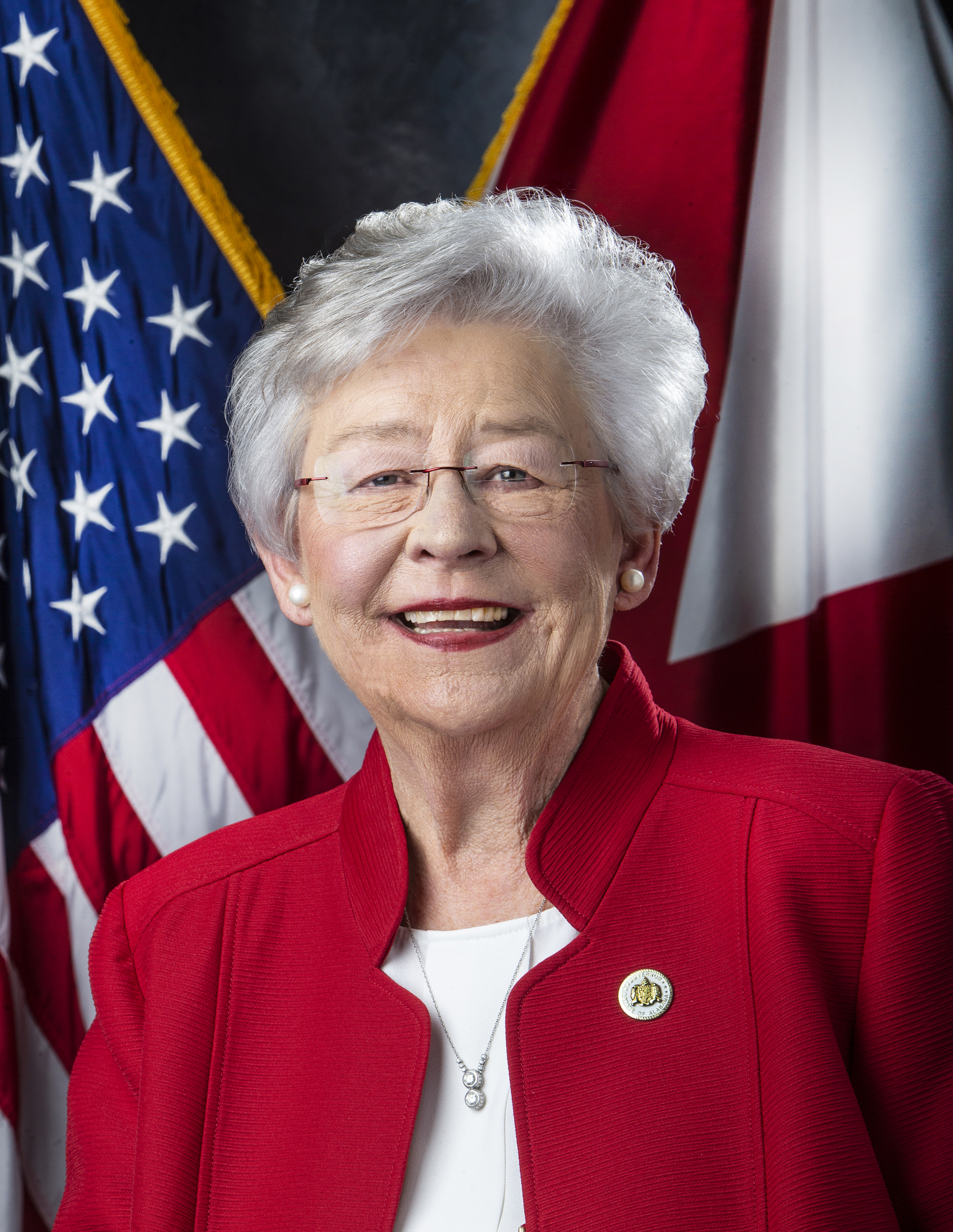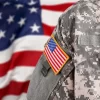In a few days, America will celebrate her 244th birthday. Traditionally, many towns and cities around the country light up the night with fireworks and music festivals. In 1776, John Adams predicted that Independence Day would be “celebrated by succeeding generations” with “pomp and circumstance…bonfires and illuminations.”
However, largely because of COVID-19, this year’s observance of our country’s birth will likely be a bit more subdued than previous years. While unfortunate, this is certainly understandable.
Today – and very likely in the days that will follow – instead of talking about what unites us as one nation – other conversations will occur that are, quite frankly, a bit more difficult and challenging.
My personal hope – and prayer – for this year’s 4th of July is that the marvel of our great country – how we started, what we’ve had to overcome, what we’ve accomplished and where we are going – isn’t lost on any of us.
We are all searching for “a more perfect union” during these trying and demanding days.
Over the past several weeks, our nation has been having one of those painful, yet overdue, discussions about the subject of race.
The mere mention of race often makes some people uncomfortable, even though it is a topic that has been around since the beginning of time.
Nationally, a conversation about race brings with it the opportunity where even friends can disagree on solutions; it also can be a catalyst to help total strangers find common ground and see things eye-to-eye with someone they previously did not even know.
Here in Alabama, conversations about race are often set against a backdrop of our state’s long – and at times – ugly history on the subject.
No one can say that America’s history hasn’t had its own share of darkness, pain and suffering.
But with challenge always comes opportunity.
For instance, Montgomery is both the birthplace of the Civil Rights Movement, as well as the cradle of the Confederacy. What a contrast for our Capital City.
The fact is our entire state has, in many ways, played a central role in the ever-evolving story of America and how our wonderful country has, itself, changed and progressed through the years.
Ever since the senseless death of George Floyd in Minneapolis, thousands of Alabamians – of all races, young and old – have taken to the streets of our largest cities and smallest towns in protest to demand change and to seek justice.
These frustrations are understandable.
Change often comes too slowly for some and too quickly for others. As only the second female to be elected governor of our state in more than 200 years, I can attest to this.
Most of us recognize that our views on issues such as race relations tend to grow out of our own background and experiences. But, fortunately, our views can change and broaden as we talk and learn from each other.
As a nation, we believe that all people are created equal in their own rights as citizens, but we also know that making this ideal a reality is still a challenge for us.
Even with the election of America’s first African American president 12 years ago, racial, economic and social barriers continue to exist throughout our country. This just happens to be our time in history to ensure we are building on the progress of the past, as we take steps forward on what has proven to be a long, difficult journey.
Folks, the fact is we need to have real discussions – as an Alabama family. No one should be under the false illusion that simply renaming a building or pulling a monument down, in and of itself, will completely fix systemic discrimination.
Back in January, I invited a group of 65 prominent African American leaders – from all throughout Alabama – to meet with me in Montgomery to begin having a dialogue on issues that truly matter to our African American community in this state. This dedicated group – known as Alabama United – is helping to bring some very legitimate concerns and issues to the table for both conversation and action.
As an example, Alabama will continue to support law enforcement that is sensitive to the communities in which they serve. We have thousands of dedicated men and women who put their lives on the line to protect our state every single day. But we can – and must – make certain that our state’s policies and procedures reflect the legitimate concerns that many citizens have about these important issues.
I am confident all these conversations – and hopefully many more – will lead to a host of inspirational ideas that will lead to a more informed debate and enactment of sound public policy.
We must develop ways to advance all communities that lack access to good schools, jobs, and other opportunities. As governor, I will continue to make education and achieving a good job a priority – it distresses me that some of our rural areas and inner cities face some of the greatest challenges in education.
There are other critical issues that must be addressed, and I will continue to look for solutions along with you.
Everyone knows government cannot solve these problems alone. Some of the greatest solutions will come from private citizens as well as businesses, higher education, churches and foundations. Together, we can all be a part of supporting and building more inclusive communities.
In other words, solving these problems comes from leaning on the principles that make us who we are – our faith – which is embodied in the Golden Rule: “Do unto others as you would have them do unto you.”
My beliefs on how to treat people were shaped in Wilcox County and my faith was developed at the Camden Baptist Church.
The bible tells us over and over that our number one goal is to love God with all of one’s heart and then to love our neighbor as we love our self. That is what I strive to do every day.
When anyone feels forgotten and marginalized, compassion compels us to embrace, assist and share in their suffering. We must not let race divide us. We must grow and advance together.
Being informed by our past, let us now carefully examine our future and work towards positive change. Together, we can envision an Alabama where all her people truly live up to the greatness within our grasp. We cannot change the past or erase our history… But we can build a future that values the worth of each and every citizen.
So, in closing, my hope and prayer for our country as we pause to celebrate America’s 244th birthday, is that we make the most of this moment.
As for our state, let’s make this a time to heal, to commit ourselves to finding consensus, not conflict, and to show the rest of the nation how far we have come, even as we have further to go.
These first steps – just as we are beginning our third century as a state – may be our most important steps yet.
This is our time, Alabama. May God continue to bless each of you and the great state of Alabama.



















































